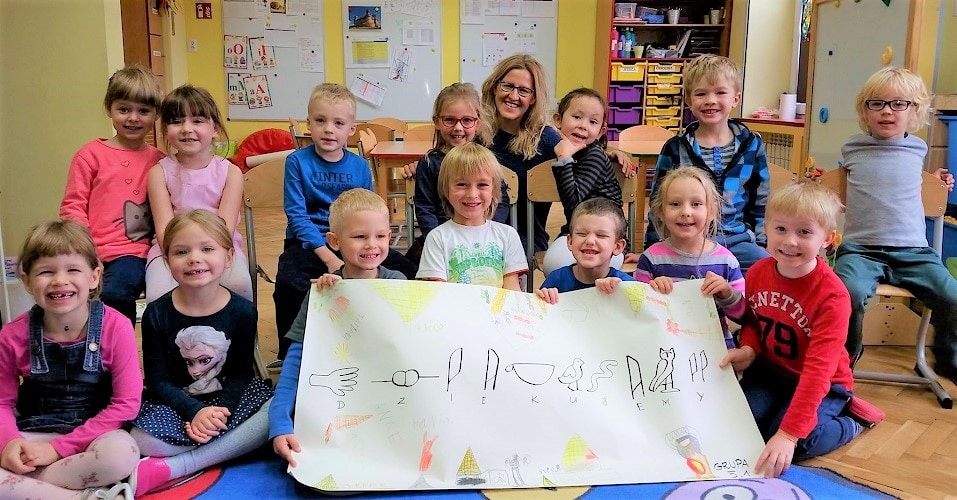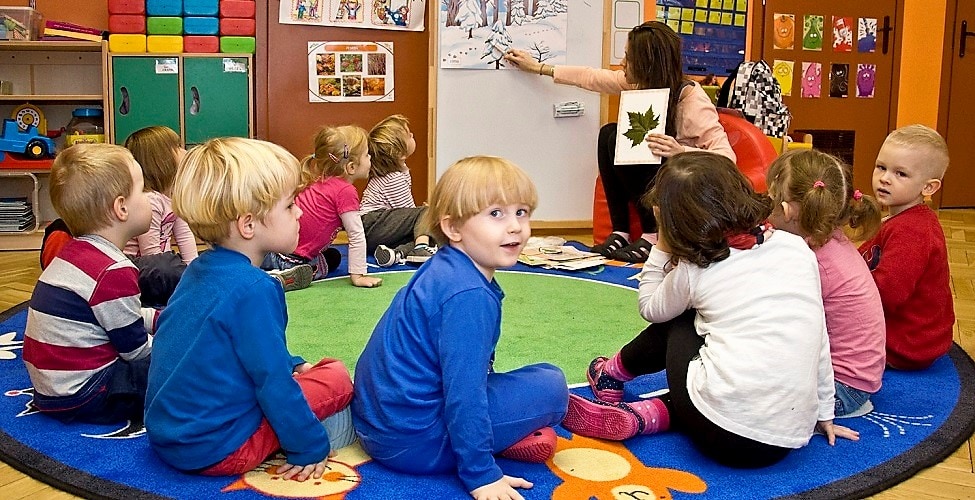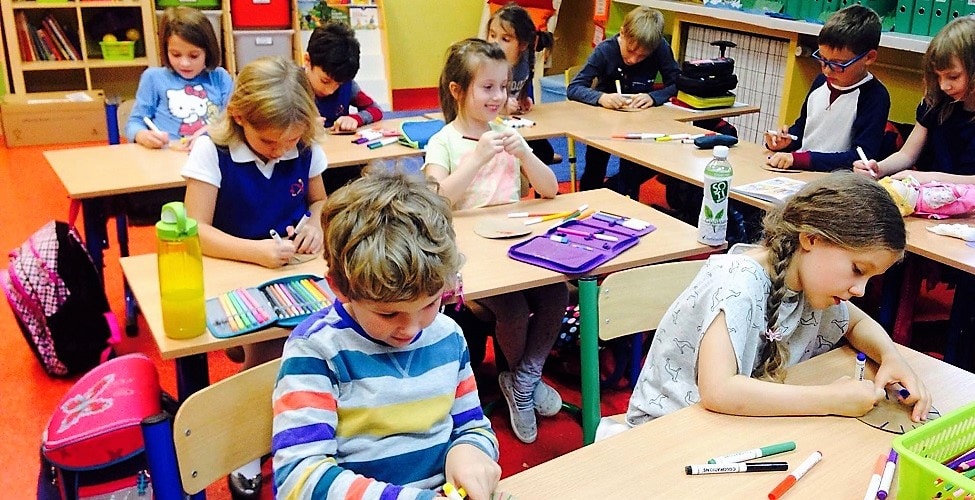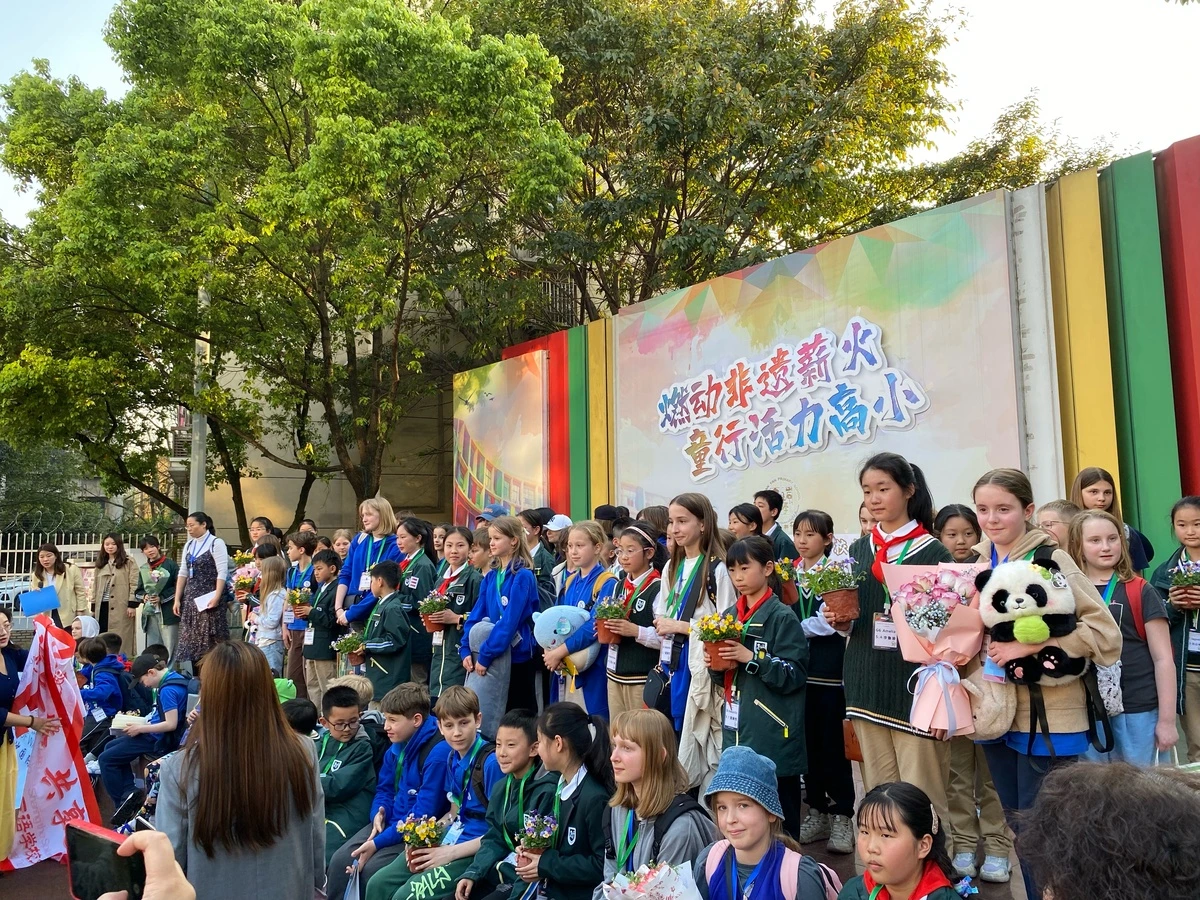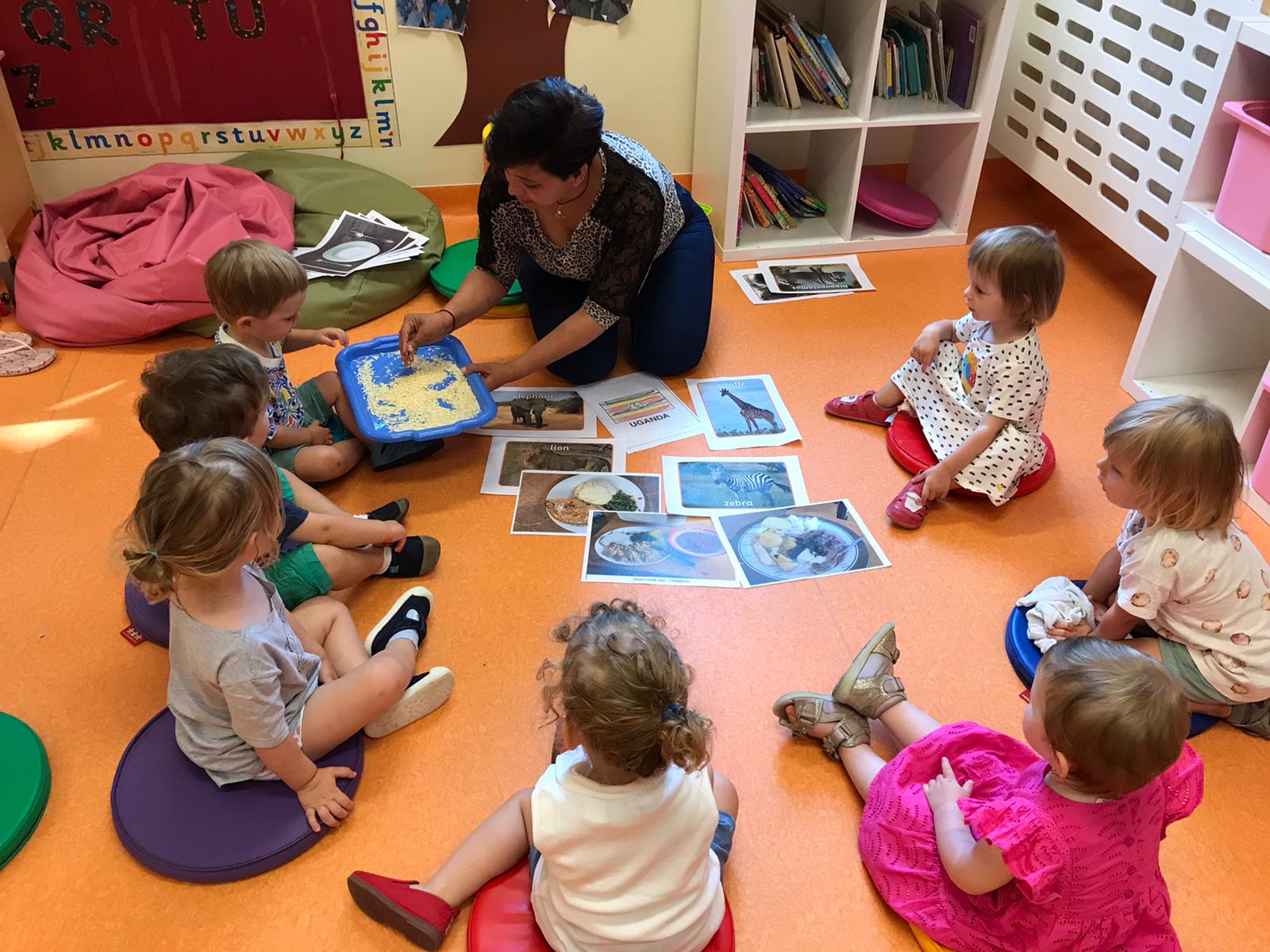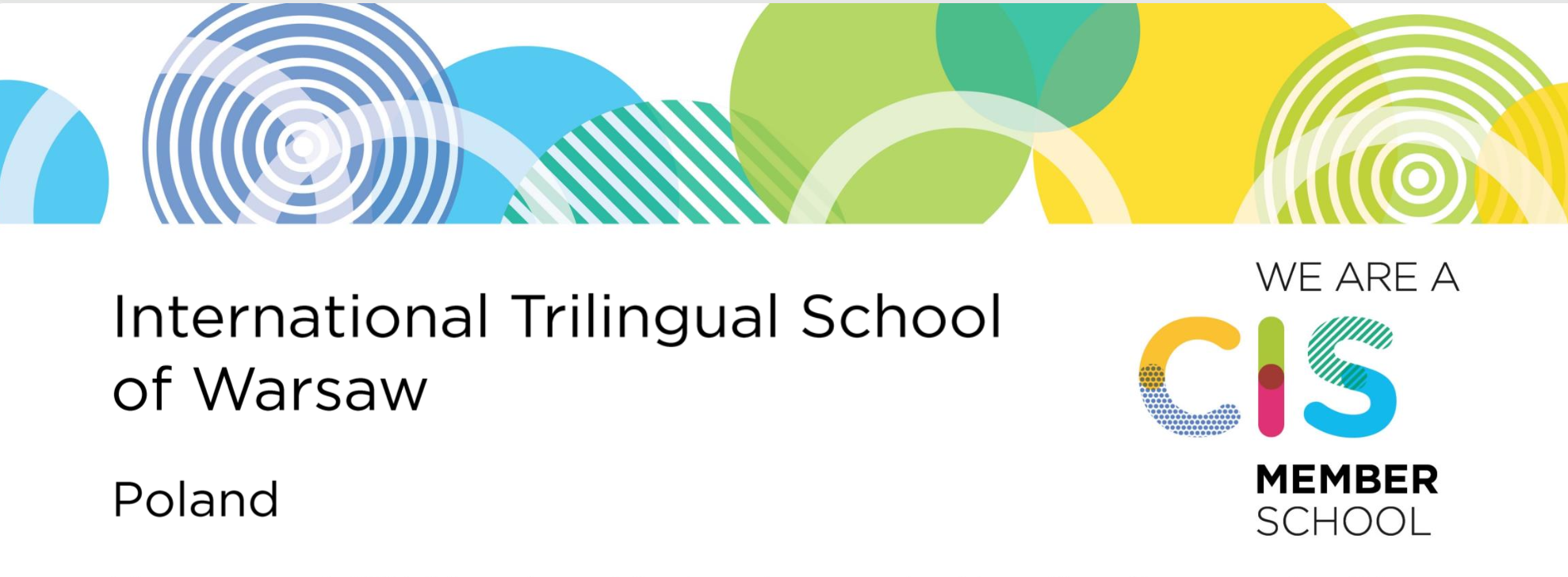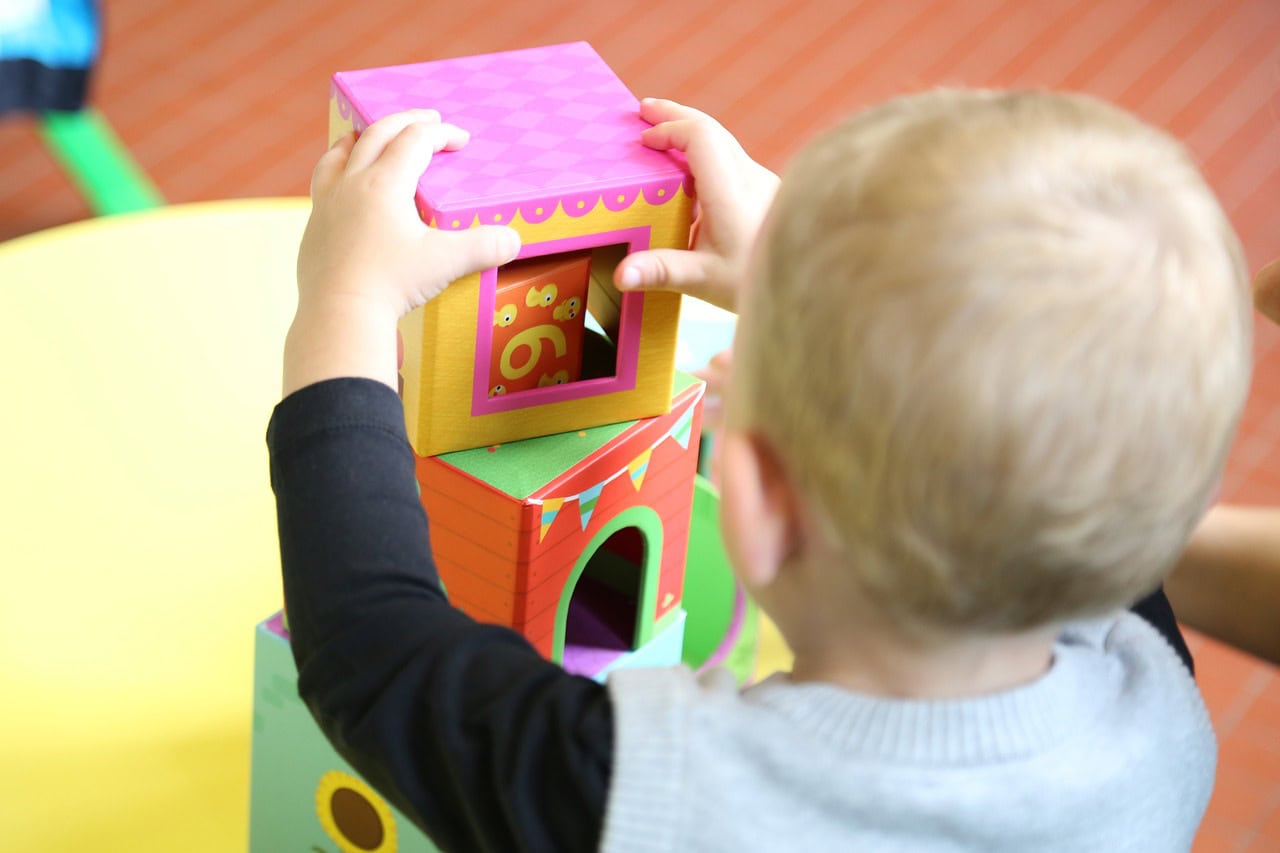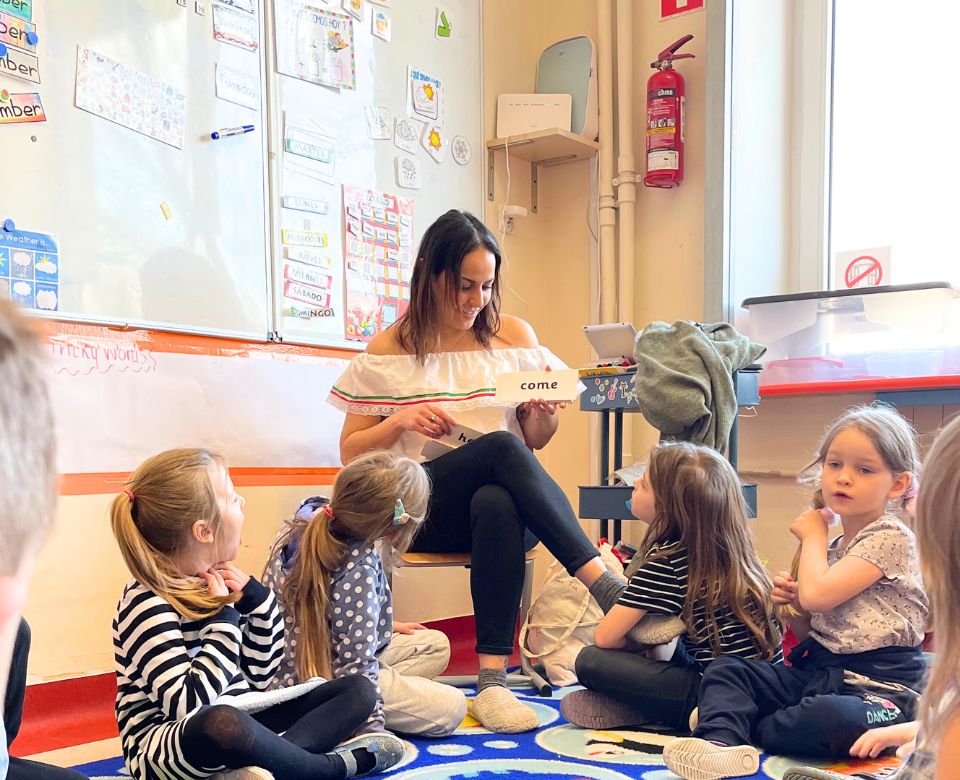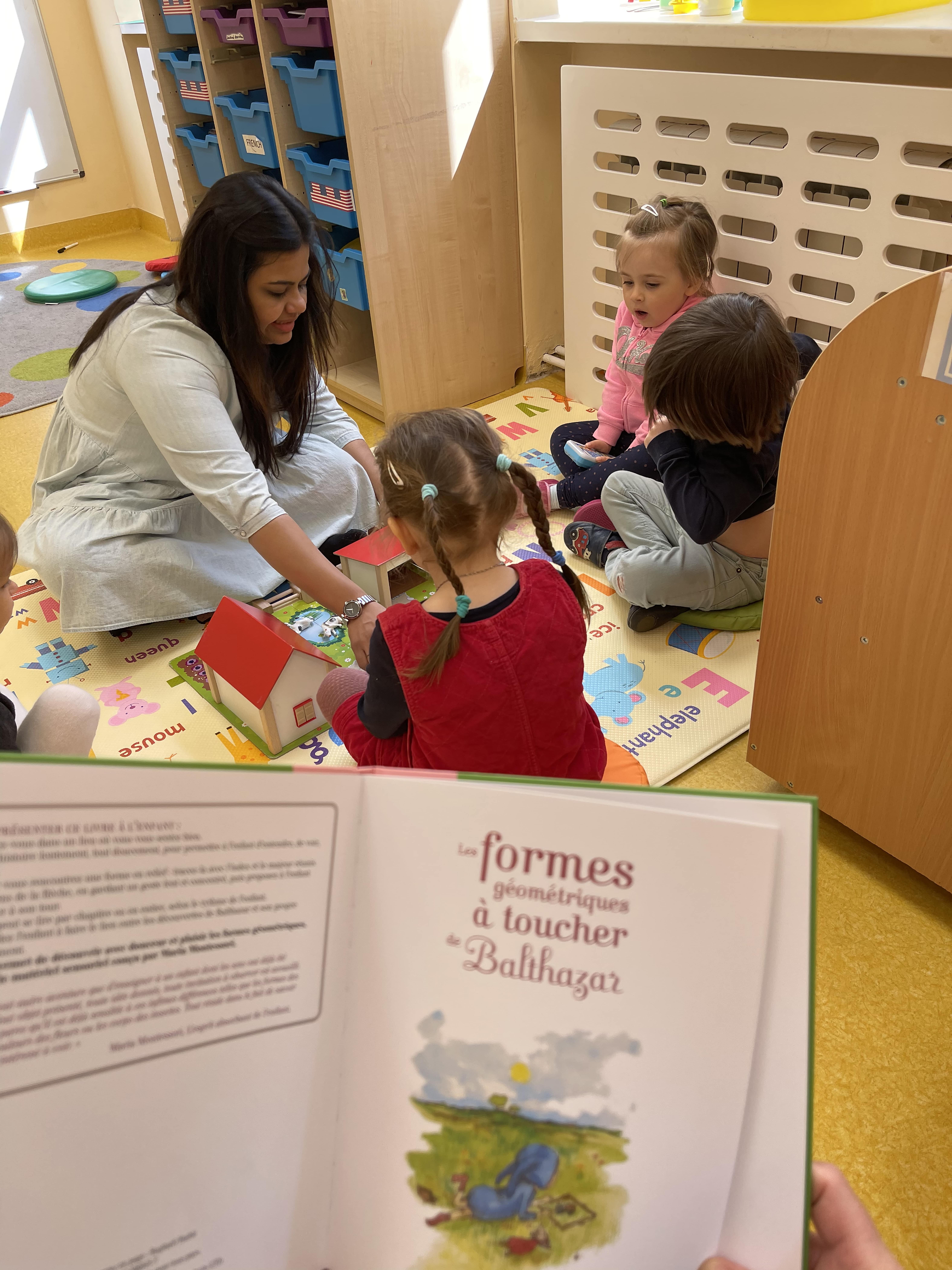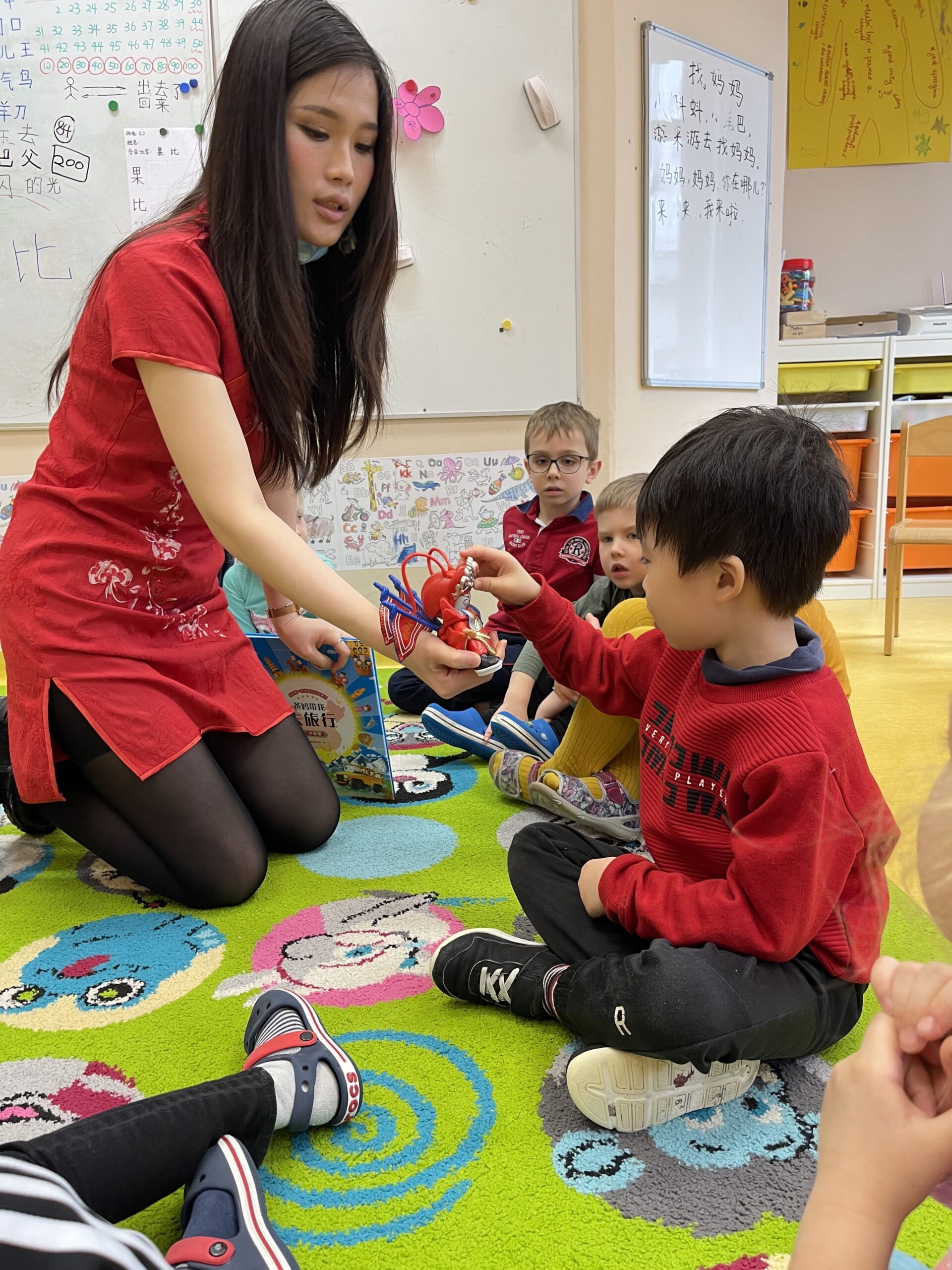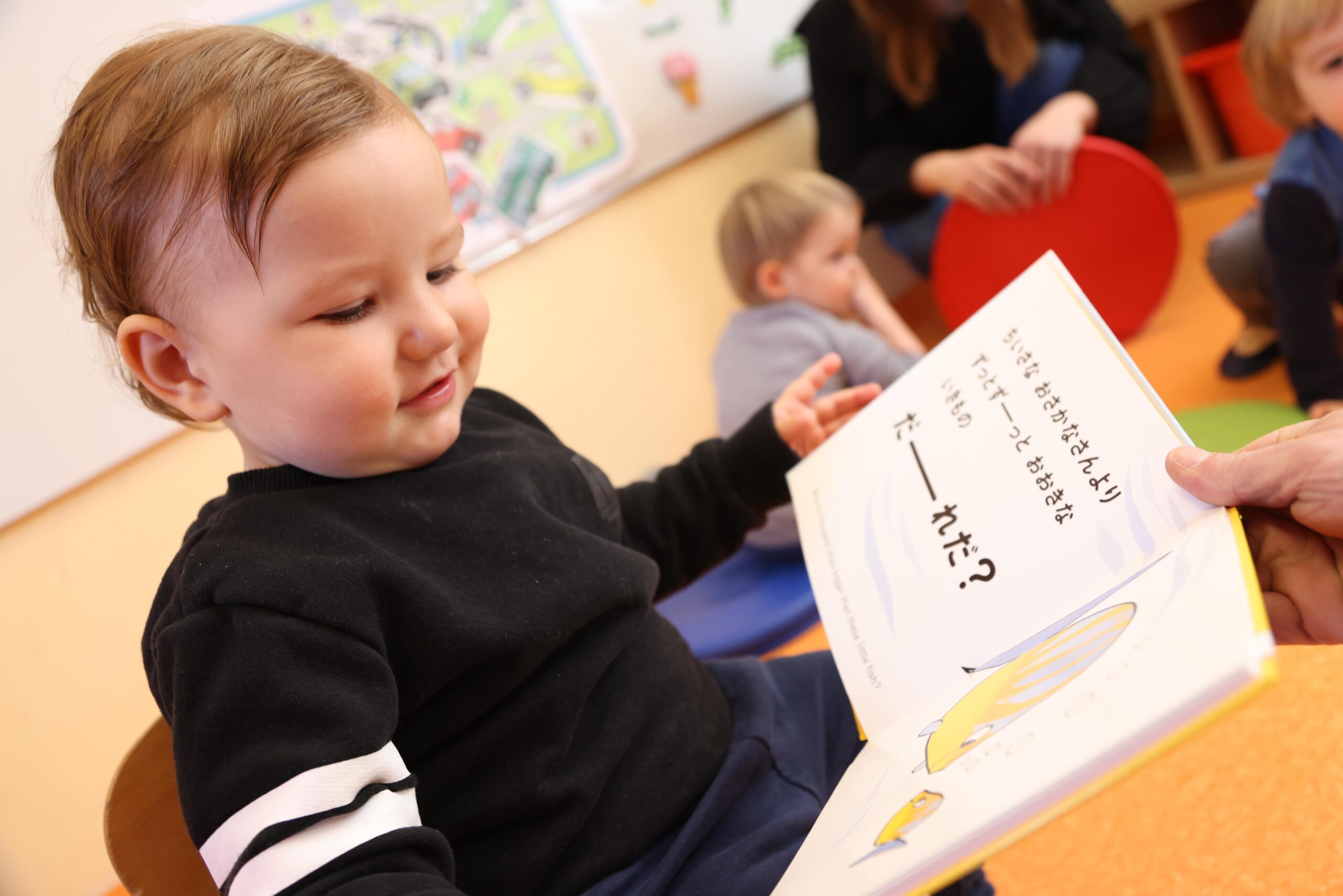A Gateway to Multilingual Discovery for the Youngest Learners
We are delighted to announce that our beloved Saturday for Toddlers program is back—and it’s bigger, brighter, and even more inspiring!
In April 2025, students from Grades 4 to 8 at the International Trilingual School of Warsaw (ITSW) embarked on an unforgettable journey to China. What awaited them was more than sightseeing — it was a living experience of everything they had been studying for years: the Chinese language, culture, values, and human connection.
A day in a nursery is a completely new reality for a toddler who has so far been at home with parents or grandparents. It involves play, but also education, teachers caring for physical and emotional needs, and developing social skills. It is also a new experience for parents and can be a source of stress
At ITSW, our commitment to delivering high-quality, internationally-minded education has always been at the heart of what we do.
The first days of attending nursery school represent a significant change for a child. This situation often triggers strong emotions—both positive and negative—which is why the entire adaptation process can be full of challenges for both the child and their parents.
Join the excitement of the ITSW Summer Contest and unleash your linguistic talents for a chance to win big!
In response to the needs of today’s highly globalized society, more and more people are deciding to learn at least two foreign languages. One method of achieving language proficiency is so-called intentional bilingualism.
German, English, Spanish, or French – these are the languages most commonly taught in traditional schools. However, at the International Trilingual School of Warsaw (ITSW), children can also learn less traditional and future-oriented languages, such as Chinese and Japanese.
Every parent wants to provide their child with the best start possible. Understanding the potential of young minds, it’s worth considering a language preschool to promote their development. Through this, even at a young age, they will learn to speak one or more foreign languages fluently, opening the door to numerous career opportunities and more.
In the words of the famous phrase, “The sooner, the better.” The ability to learn a foreign language diminishes with age! As we age, acquiring the skill of speaking a foreign language, just like native speakers, becomes increasingly challenging. In one of the most extensive linguistic studies involving over 660,000 participants, researchers from three Boston universities demonstrated that children have the capacity for effective second language learning until the age of 18. This is approximately a decade longer than suggested by earlier research! (more…)

